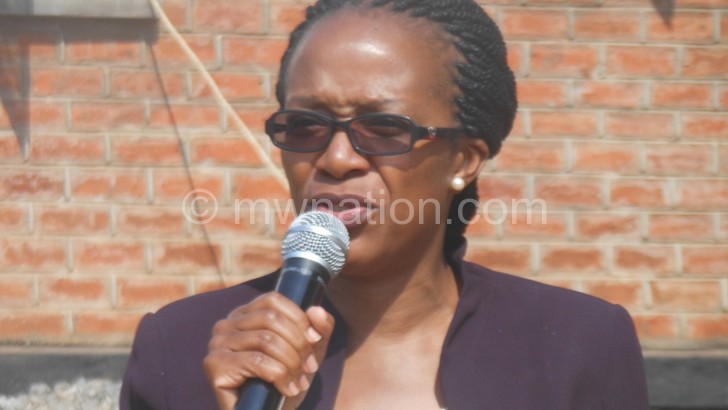Parliamentary oversight role under scrutiny
The Institute for Policy Research and Social Empowerment (IPRSE) has released a report which shows that Parliament can play its oversight role effectively if political party caucuses within the august House are strengthened.
The report contains research findings on the oversight and legislative roles of Parliament under the background of public disapproval of the performance of members of Parliament (MPs).
Releasing the report in Lilongwe, IPRSE director and lead researcher Henry Chingaipe said party caucuses operate informally and, as such, they lack a strong basis to adequately influence Parliament’s oversight impact.
He said: “As it stands now, these caucuses are just implied as such by some constitutional sections and some parliamentary standing orders, but they are not recognised.

“Our recommendation is to have political party caucuses within Parliament formalised so that they can have a basis for their influence in the House.”
Political party caucuses within Parliament are stand-alone committees based on political party affiliation and they influence certain decisions in the House.
Chingaipe said this is one of the strengths of political party caucuses which, when given a basis for its contributions, can contribute positively or negatively to the roles of Parliament.
He said the framework may contain guidelines on how political party caucuses can conduct their businesses in Parliament and how they can influence the whole House on the performance of its roles.
Chingaipe noted that one of the weaknesses of parliamentary political party caucuses is that their discussions are never documented for future reference, which he said may change if they are formalised.
The research, which was sanctioned by the Democracy Works Foundation (DWF), a member of a consortium for the USAid-funded Parliamentary Support Programme, further reveals that the public has lost trust in the performance of MPs.
Reads the report: “The public disapproval of the performance of MPs has been consistently high from 63.8 percent in 2014 then 68.2 percent in 2017 to 51.1 percent in 2019 and finally 60.8 percent in 2022.”
On his part, DWF public resources management expert Dalitso Kubalasa said Parliament has functional responsibilities to ensure that public resources are prudently used and to provide checks and balances on decisions by the Executive.
“The whole programme aims to strengthen the effectiveness and independence of Parliament as it fulfils its legislative, oversight and representative functions,” he said.
Kubalasa said the report has been shared with political parties and other stakeholders for their input before the final report is produced.




